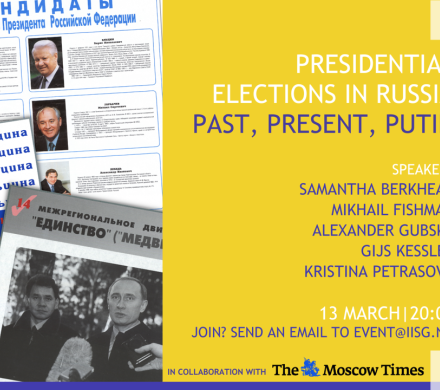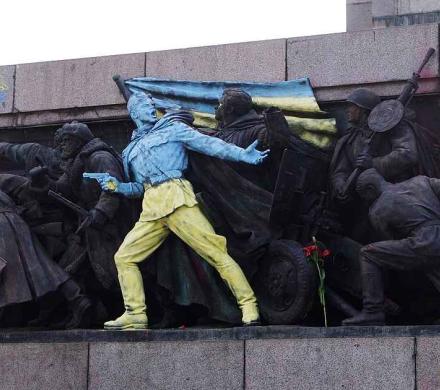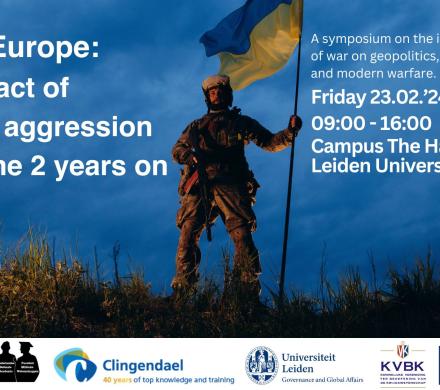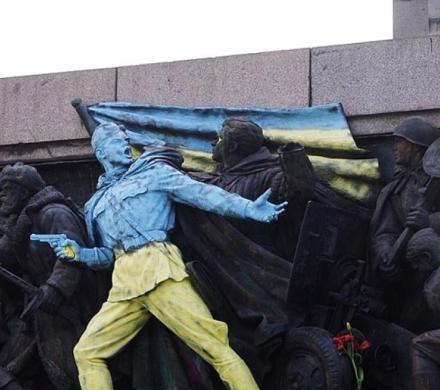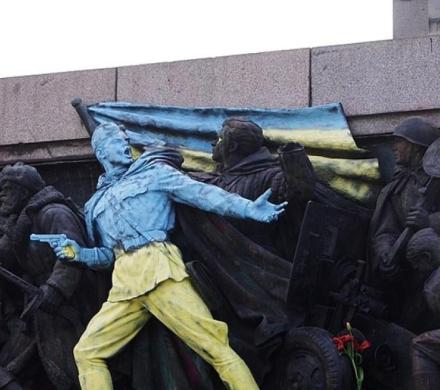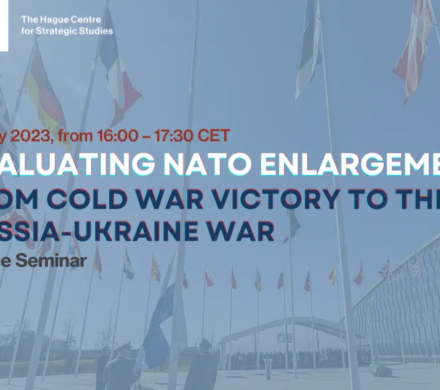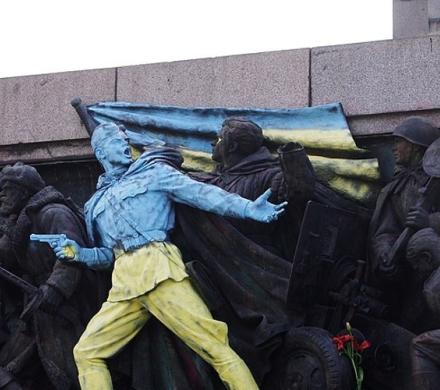Society
Presidential Elections in Russia: Past, Present, Putin
17 March Putin is scheduled to be elected president of the Russian Federation for yet another six years in office, in spite of launching a devastating war against Ukraine and letting oppositional politician Alexei Navalny die in prison.
Putin will be the eighth president of Russia since the fall of communism, but he was also the seventh, the sixth, the fourth and the third. Since the start of this millennium he has ruled the country in an increasingly authoritarian way. Elections in Russia have since become a farce, a kind of political theatre or circus that has little to do with democracy. The field of candidates is tightly controlled, opposition politicians sidelined, jailed or murdered and the election results are falsified. How did this come about? When was democracy lost in Russia – or was it perhaps an empty letter from the very start? What purposes do elections serve in Russia's political system if not the election of the country's leaders?
On March 13 the IISH and the Moscow Times jointly organize an event to reflect on Russia's presidential elections, past, present and future. With presentations by Gijs Kessler and Mikhail Fishman, followed by a panel discussion with Samantha Berkhead, Alexander Gubsky, and Kristina Petrasova.

